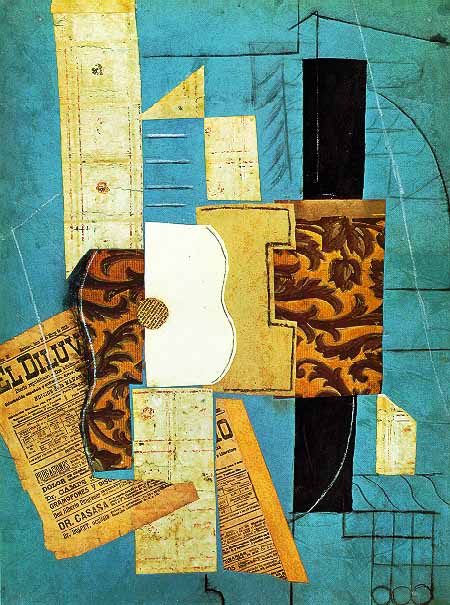| VI | |
|
I
don't say everything.
|
You
are invoking a different notion of reading, one that is multiple processes
at once.
Sound Five: Do I contradict
myself?
Very well,
then I contradict myself.
I am large.
I contain multitudes.
(Whitman)
A
foolish consistency is the hobgoblin
of
little minds.
(Emerson)
Visual
Nine
A Britton-like notion of reading where the reader understands him or herself as participating with authors/writers, and watching them too, and constructing with/apart from them as well, which is your reference to the multiple-object-as-art that is text, that is art object. If this is so, then Kirsch and others are wrong about such texts being problematic--they offer more control to the reader, not less. However, readers do have to learn to read this way, perhaps especially academic readers who are accustomed to (and most especially those who prefer) dialogue only in its Platonic guise: which is no dialogue at all. To some extent, readers always read this way, I think, but whether it's easier for them in this approach is still a question. Cue Sound Six. A recent thread on ACW-L got into this via Foucault's concept of writerly "fascism" in narrative versus hyperfiction. Sound Six. I like narrative, too . . . of course, of course. The English Patient [for example] is a beautiful film. But narrative is also mystifying and dangerous for several reasons . . . it manages to promote all those modernist nasties that pomo tries to expose *as* dangerous. That's not to say that it's of no use or that it oughta be censored, or whatever . . . But it is to suggest that raggin on other, less fascist phrasing styles/genres [because] they do not obey narrative's rules for linkage or [because] they do not make possible what narrative's linking systems make possible . . . seems really problematic to me. (Davis email, 23 Mar 98) I have a big problem with thinking of "Afternoon" as somehow "less fascistic" than, say, . . . The English Patient. In fact, I think you can make an argument that in many ways, hyperfictions are more "repressive" to a reader than "traditional" narratives because they are such "writerly" texts. . . . Granted, the linearity of a printed book certainly calls for a particular reading, but it's pretty easy for readers to skip around to wherever the *reader* chooses-to see what's going to happen, to skip other parts, etc. "Afternoon" doesn't let you do this at all. . . . [U]nless you get into Joyce's hypertext and start reprogramming his links, you're stuck with *his* choices. (Krause email, 23 Mar 98) Cue
Visual Ten,
|
